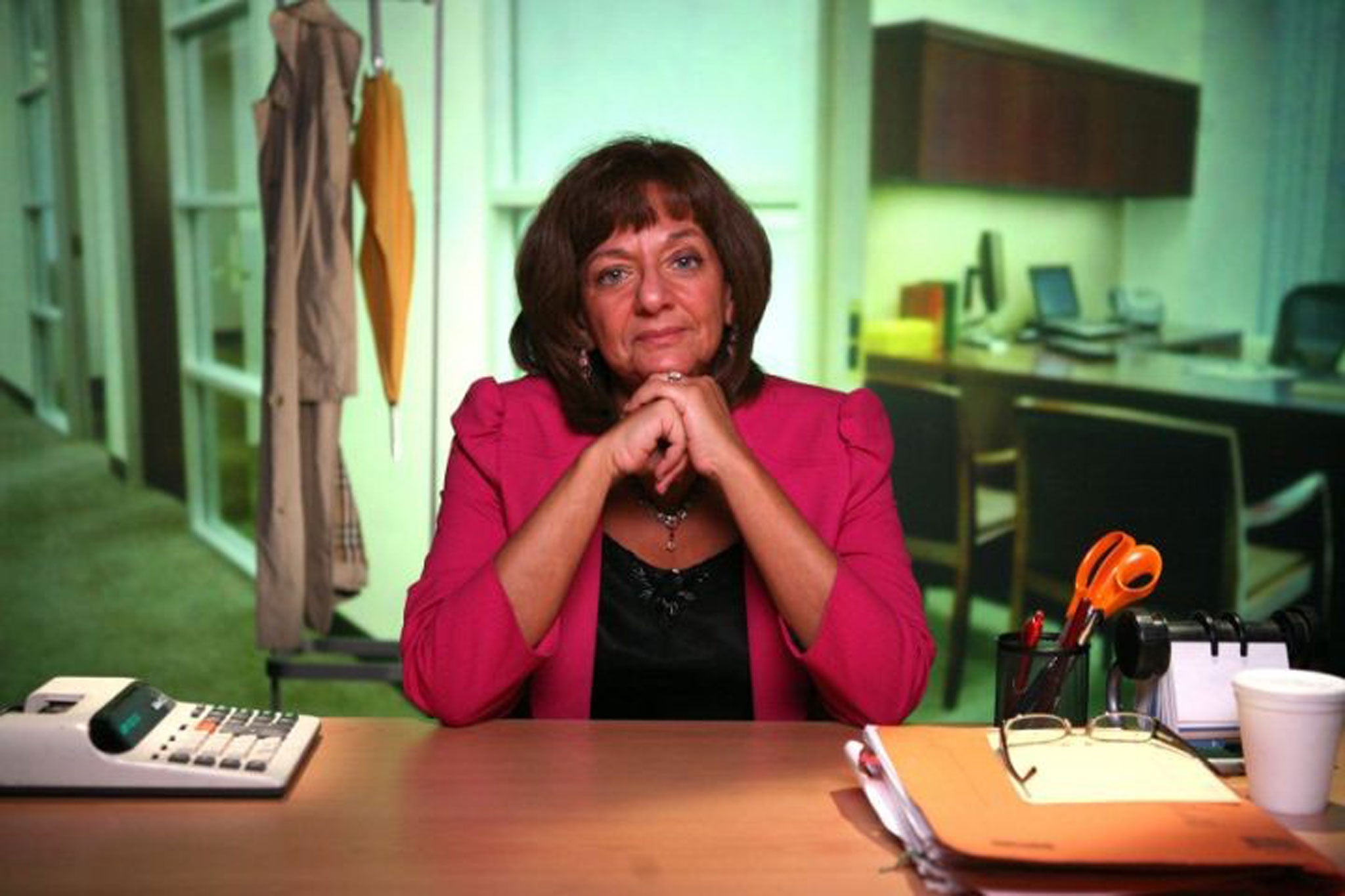Women born in 1950s facing severe financial hardship over pensions could have fates changed by Ros Altmann - should she choose to help
Women born in 1950s facing severe financial hardship over pensions could have fates changed by Ros Altmann - should she choose to help

Your support helps us to tell the story
From reproductive rights to climate change to Big Tech, The Independent is on the ground when the story is developing. Whether it's investigating the financials of Elon Musk's pro-Trump PAC or producing our latest documentary, 'The A Word', which shines a light on the American women fighting for reproductive rights, we know how important it is to parse out the facts from the messaging.
At such a critical moment in US history, we need reporters on the ground. Your donation allows us to keep sending journalists to speak to both sides of the story.
The Independent is trusted by Americans across the entire political spectrum. And unlike many other quality news outlets, we choose not to lock Americans out of our reporting and analysis with paywalls. We believe quality journalism should be available to everyone, paid for by those who can afford it.
Your support makes all the difference.If you were born in the 1950s and are female, you could be facing a much worse retirement that you hoped for.
That’s the fear of campaigners fighting to redress an inequality that has built up because of the changes to the state pension retirement age.
Marion Smulders, a campaigner from the Women Against State Pension Inequality (Waspi) group, got in touch with me after the appointment of the new Pensions Minister, Ros Altmann. “In the past, Ros has supported women born in the 1950s who are being denied their state pension rights,” she told me.
Following my recent challenge to Dr Altmann to put right a range of pension anomalies, Ms Smulders said: “[I hope] that the new minister will continue to fight unfair and discriminatory changes imposed on women born in the 50s.”
The problems have come about through a combination of the acceleration to the increase in state pension age and the lack of sufficient notice given to women for them to re-plan for retirement.
“It has left many 1950s women in financial hardship,” warns Anne Keen, another
Waspi campaigner. “Many were not allowed to join private pension schemes or had retired early to care for relatives, or because of personal illness. The state pension is their only source of income.”
She points out that privileged people, such as MPs, judges and civil servants, have had their occupational pensions protected for those within 10 years of normal retirement age. “So why are women not being given the same protection?” Ms Keen asks.
Looking ahead, 10 years’ notice will be given for any future changes to the state pension age to help people cope with the change in their circumstances. “So why are we being treated differently?” Ms Smulders asks.
When outside the Government, Dr Altmann was supportive of the campaign. Will that change now? Let’s hope not – but over to you, Ros. Meanwhile, if you’d like to add your support to the campaign, there’s an online petition here.
Join our commenting forum
Join thought-provoking conversations, follow other Independent readers and see their replies
Comments